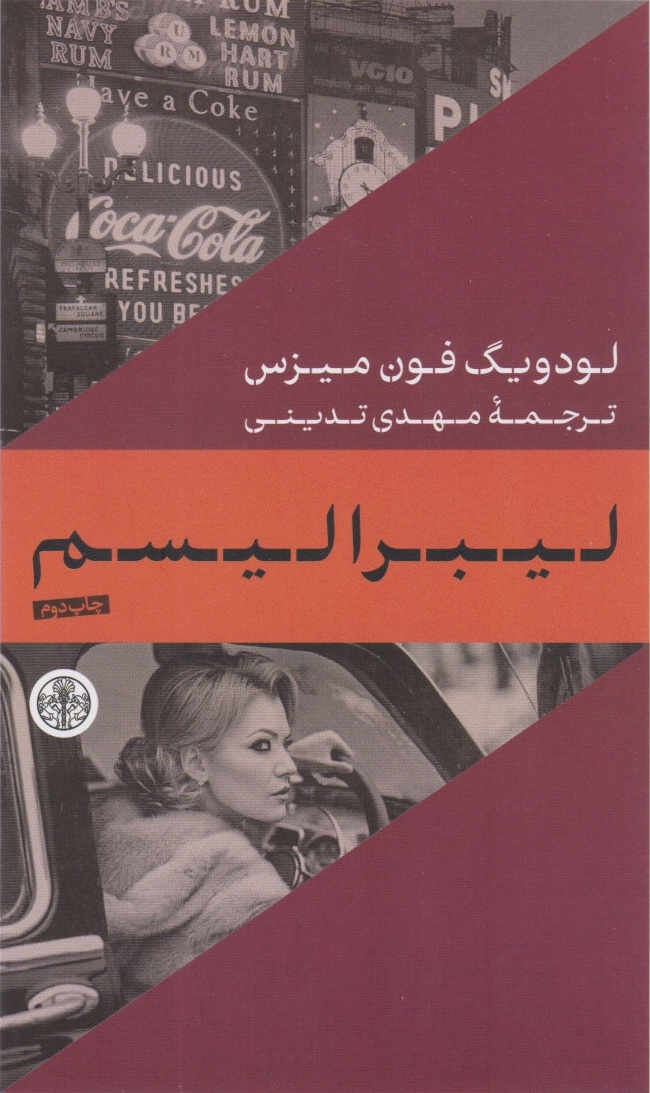What do you think?
Rate this book


296 pages, Paperback
First published January 1, 1927
برخی از کسانی که با کاپیتالیسم مبارزه میکنند، به خوبی میدانند وضعیتشان در هر نظام اقتصادی دیگری نامساعدتر خواهد شد، اما به رغم آگاهی کامل از این مسئله به دفاع از سوسیالیسم برمیخیزند، زیرا امیدوارند ثروتمندان مورد حسدشان نیز از این طریق آسیب ببیند. بسیار می توان این اظهار نظر را از سایر سوسیالیستها شنید که میگویند فقر مادی را در جامعهی سوسیالیستی آسانتر میتوان تحمل کرد. زیرا فرد حداقل میداند وضعیت هیچکس بهتر نیست. ص۴۷
تمایل مردم زمانهی ما به اینکه به محض نپسندیدن چیزی خواستار ممنوعیت آن چیز از سوی حکومت شوند، و آمادگی آنها برای پذیرش چنین ممنوعیتهایی حتی وقتی با مضمونشان اصلاً موافق نیستند، نشان میدهد ذهنیت بندگی تا مغز استخوانشان نفوذ کرده است. به سالها خودتربیتی نیاز است تا رعیت به شهروند تبدیل شود. انسان آزاد باید بتواند تحمل کند همنوعانش به گونهای متفاوت از آنچه او درست میپندارد زندگی و عمل کنند و باید این عادت را ترک کند که تا چیزی را نپسندید پلیس را صدا بزند. ص۱۰۰
لیبرالیسم باید در برابر هرگونه نارواداری ناروادار باشد. اگر هدفِ بالندگی اجتماعی را در همکاری مسالمتآمیز همه انسانها ببینیم، دیگر نمیتوان اجازه داد کشیشان و متعصبان این مسالمت را نابود کنند. ص۱۰۱
دولتها را باید به زورِ باور یکصدای مردم وادار به لیبرالیسم کرد. نمیتوان انتظار داشت دولتها داوطلبانه لیبرال باشند. ص۱۱۸
پیامد قیمت گذاریهای دولتی هیچ چیز نیست، مگر اینکه کالاهای مشمول به طور کلی از بازار محو می شود. ص۱۳۱
Precisely because the word "liberal" has a bad connotation in Germany, liberalism must stick to it. One may not make the way to liberal thinking easier for anyone, for what is of importance is not that men declare themselves liberals, but that they become liberals and think and act as liberals.